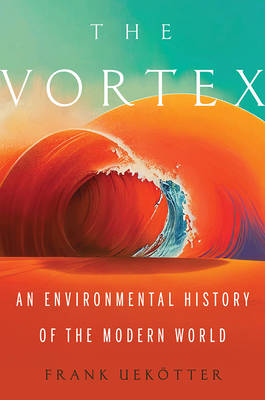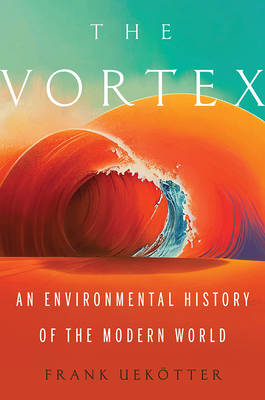
- Afhalen na 1 uur in een winkel met voorraad
- Gratis thuislevering in België vanaf € 30
- Ruim aanbod met 7 miljoen producten
- Afhalen na 1 uur in een winkel met voorraad
- Gratis thuislevering in België vanaf € 30
- Ruim aanbod met 7 miljoen producten
Zoeken
€ 134,45
+ 268 punten
Omschrijving
Environmental challenges are defining the twenty-first century. To fully understand ongoing debates about our current crises--climate change, loss of biological diversity, pollution, extinction, resource woes--means revisiting their origins, in all their complexity. With this ambitious, highly original contribution to the environmental history of global modernity, Frank Uekötter considers the many ways humans have had an impact on their physical environment throughout history. Ours is not a one-way trajectory to sudden collapse, he argues, but rather death by a thousand cuts. The many paths we've forged to arrive in our current predicament, from agriculture to industry to infrastructure, must be considered collectively if we are to stay afloat in what Uekötter describes as a vortex: a powerful metaphor for the flow of history, capturing the momentum and the many crosscurrents that swept people and environments along. His book invites us to look at environmental challenges from multiple perspectives, including all the twists and turns that have helped to create the mess we find ourselves in. Uekötter has written a world history for an age where things are falling apart: where we know what lies ahead and are equipped with the right tools--technological and otherwise--and plenty of experience to deal with environmental challenges, but somehow fail to get our affairs in order.
Specificaties
Betrokkenen
- Auteur(s):
- Uitgeverij:
Inhoud
- Aantal bladzijden:
- 848
- Taal:
- Engels
Eigenschappen
- Productcode (EAN):
- 9780822947561
- Verschijningsdatum:
- 18/04/2023
- Uitvoering:
- Hardcover
- Formaat:
- Genaaid
- Afmetingen:
- 164 mm x 238 mm
- Gewicht:
- 1224 g

Alleen bij Standaard Boekhandel
+ 268 punten op je klantenkaart van Standaard Boekhandel
Beoordelingen
We publiceren alleen reviews die voldoen aan de voorwaarden voor reviews. Bekijk onze voorwaarden voor reviews.











